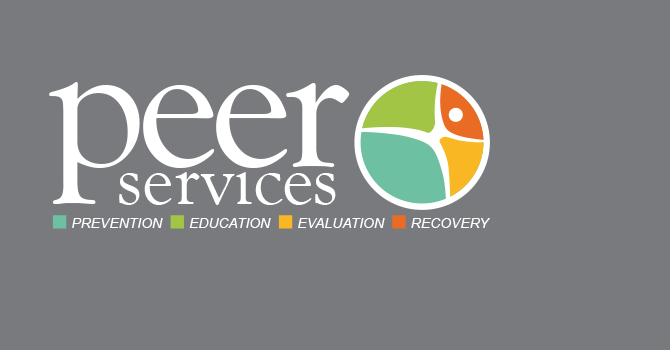Heroin Detoxification
Going through heroin detox is one of the most difficult drug detox procedures to endure. Because heroin is such an extremely addictive drug, getting through the pain and discomfort of heroin detox is not easy. Because a heroin addict’s nervous system is used to such high doses of heroin, the individual’s whole body can go into a state of chaos once they quit using. This is one of the main reasons for one of the nastiest side effects of a heroin addiction, heroin withdrawal syndrome.
Heroin Withdrawal
Heroin withdrawal can be an extremely painful process, particularly if the person used heroin heavily and on a regular basis. Symptoms of heroin withdrawal can start as soon as 6-8 hours after the last dose and can last anywhere from a few days, to a few weeks. Some individuals have even reported having heroin withdrawal symptoms that lasted for months after their last use of the drug. Common heroin withdrawal symptoms include, but are not limited to, flu-like symptoms, sneezing, fever, anxiety, depression, nausea, vomiting, diarrhea, excessive sweating, and muscle spasms. Heroin withdrawal syndrome is rarely ever life threatening, but can be excruciating for those who have to go through it and often keep people using the drug even if they wholeheartedly want to quit.
Heroin Detox Centers
Because it can be very difficult getting through heroin withdrawal cold turkey, one of the best options for a person struggling with these painful side effects is to visit a heroin detox center. There are a number of excellent heroin detox centers all over the state of Illinois that offer a variety of different detox methods and procedures.
The most common types of heroin detox treatments are medically induced detox that uses a variety of sedatives, pain killers and medications to help ease withdrawal pain and accelerate the detoxification process. Two of the most common types of medical detox are centered on the use of two similar detox drugs, methadone and suboxone.
Methadone has been widely used over the last 20 years as a suitable detox drug, but is not without its own side effects. Because methadone is a full opioid, unlike suboxone which is a partial opioid, it does come with the risk of addiction and dependence. Also, unlike suboxone, the body does not limit the effects of methadone and it does come with the potential of possible overdose if too much is used. While suboxone is not without its own addiction potential, it is widely considered a safer and less addictive alternative to methadone.


